Venue, Travel, & Accommodation
The workshop will take place at the Max Planck Institute for Human Cognitive & Brain Sciences located in Leipzig (Germany). On this page, you can find important information about travelling to and from the venue, as well as where to best stay in Leipzig.
How to Get to the Workshop Venue Within Leipzig
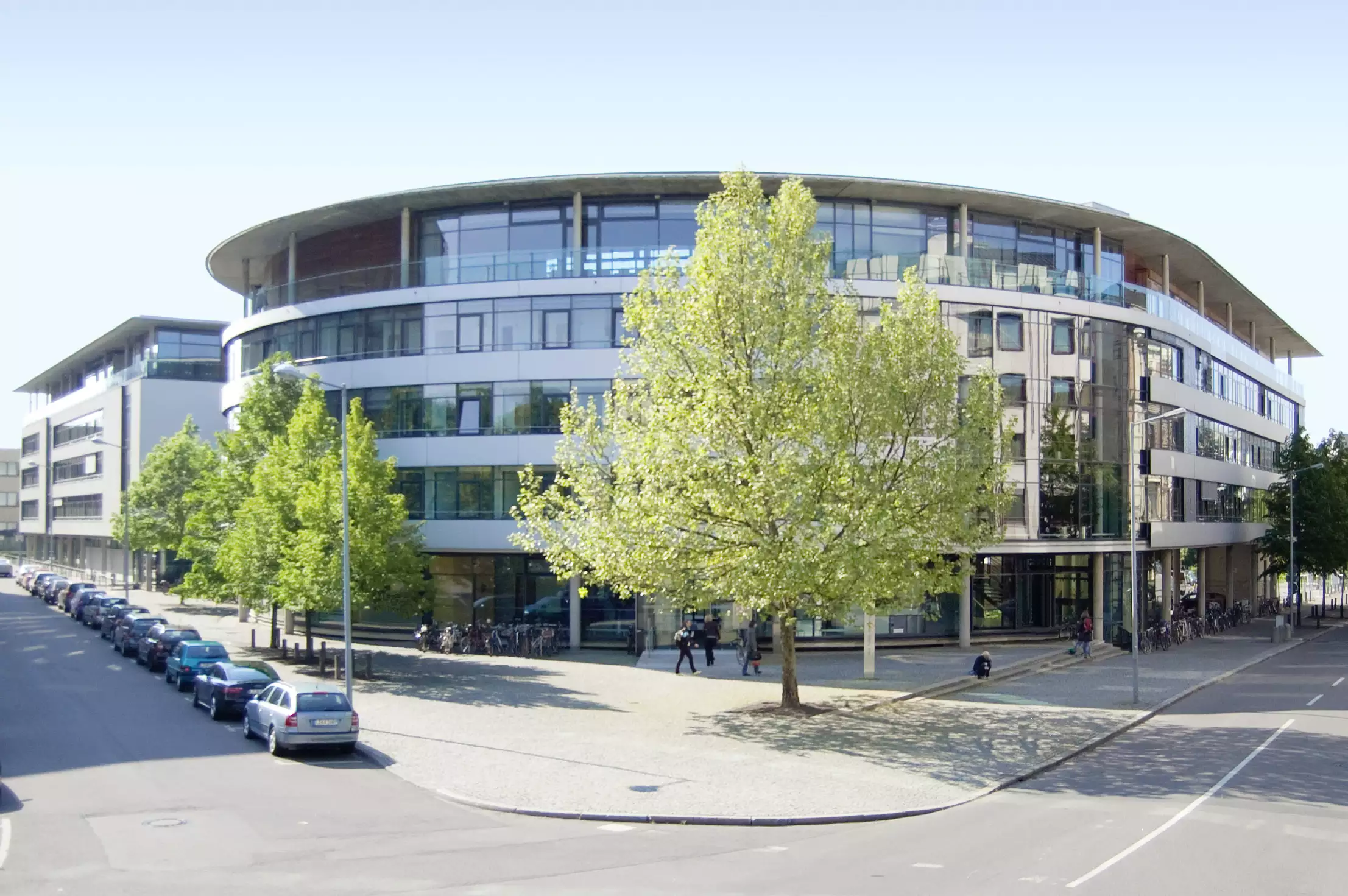
The workshop “Sign Language Grammars, Parsing Models, & the Brain” will take place at the Max Planck Institute for Human Cognitive & Brain Sciences. The institute is a vibrant interdisciplinary research centre for cognitive science and especially cognitive neuroscience, located in Leipzig (Germany). More precisely, the institute is located west of the city centre of Leipzig, in Stephanstraße 1a (postal code 04103).
If you arrive in Leipzig using a long-distance train service, you will arrive directly in the city centre at Leipzig Hauptbahnhof station. Unlike the main station, Leipzig-Halle Airport (LEJ) is located about 15–20 minutes by train outside the city. If you arrive in Leipzig by plane, use the commuter train (“S-Bahn”) service running between the airport and Leipzig Hauptbahnhof station to also arrive directly in the city centre.
From the city centre of Leipzig, you can easily reach the venue on foot (maximum 5–10 minutes walk, depending on your stride). Alternatively, you can also use public transport: Use tram lines 4 and 7 and alight at the stop Johannisplatz", or use tram lines 12 and 15 and alight either at Johannisplatz" or Gutenbergplatz". The institute (i.e., workshop venue) is located a short 1–2 minutes walk from either of these tram stops.
While in Leipzig, we recommend to use the web site of Leipziger Verkehrsbetriebe for planning your trip within the city. Route-planning and real-time information from the Leipzig public transport system should also be available within Google Maps, Apple Maps, and other popular route planning services.
Lastly, if you do not want to walk or use public transport, Leipzig has an extensive network of bike lanes which may be used by bikes as well as electric scooters. A number of free-floating and station-based bike and electric scooter sharing schemes are available in the city (e.g., nextbike, voi., dott, etc.).
Getting to the Seminar Room
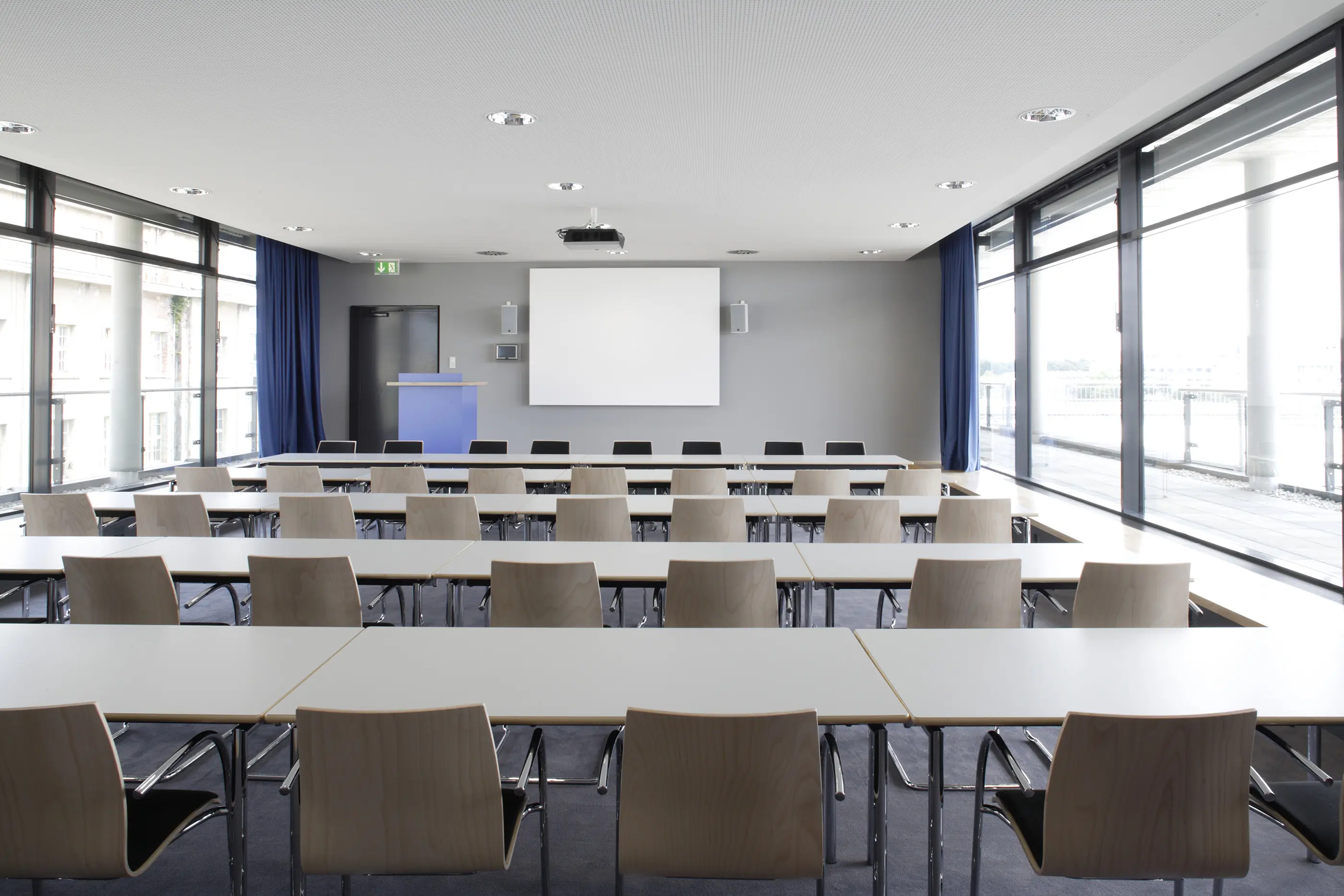
All presentation and discussion sessions listed in the Workshop Programme will take place in the Charlotte Bühler Room, located on the 4th floor (i.e., top floor) of the annex building (Building C).
If you don’t want to memorise any directions, simply follow the arrows on the signs that say “Workshop: Sign Language Grammars, Parsing Models, & the Brain” which you should see already immediately upon entering the building through the main entrance.
To get to the seminar room once you’ve entered the institute through the main entrance in Stephanstraße, walk straight past the reception and head outside onto the bridge. Follow the bridge and continue straight until you enter a small lobby. In the lobby, either take the elevator or the staircase on the left to ascend to the top floor of the building.
Location for Coffee and the Poster Session
Once you’re on the 4th floor (i.e., top floor) of the annex building, opening the big wooden door will lead you to the foyer where small snacks and coffee will be served, as well as where the poster session will take place. The actual Charlotte Bühler Room is located to the end of the foyer.
Location for Lunch
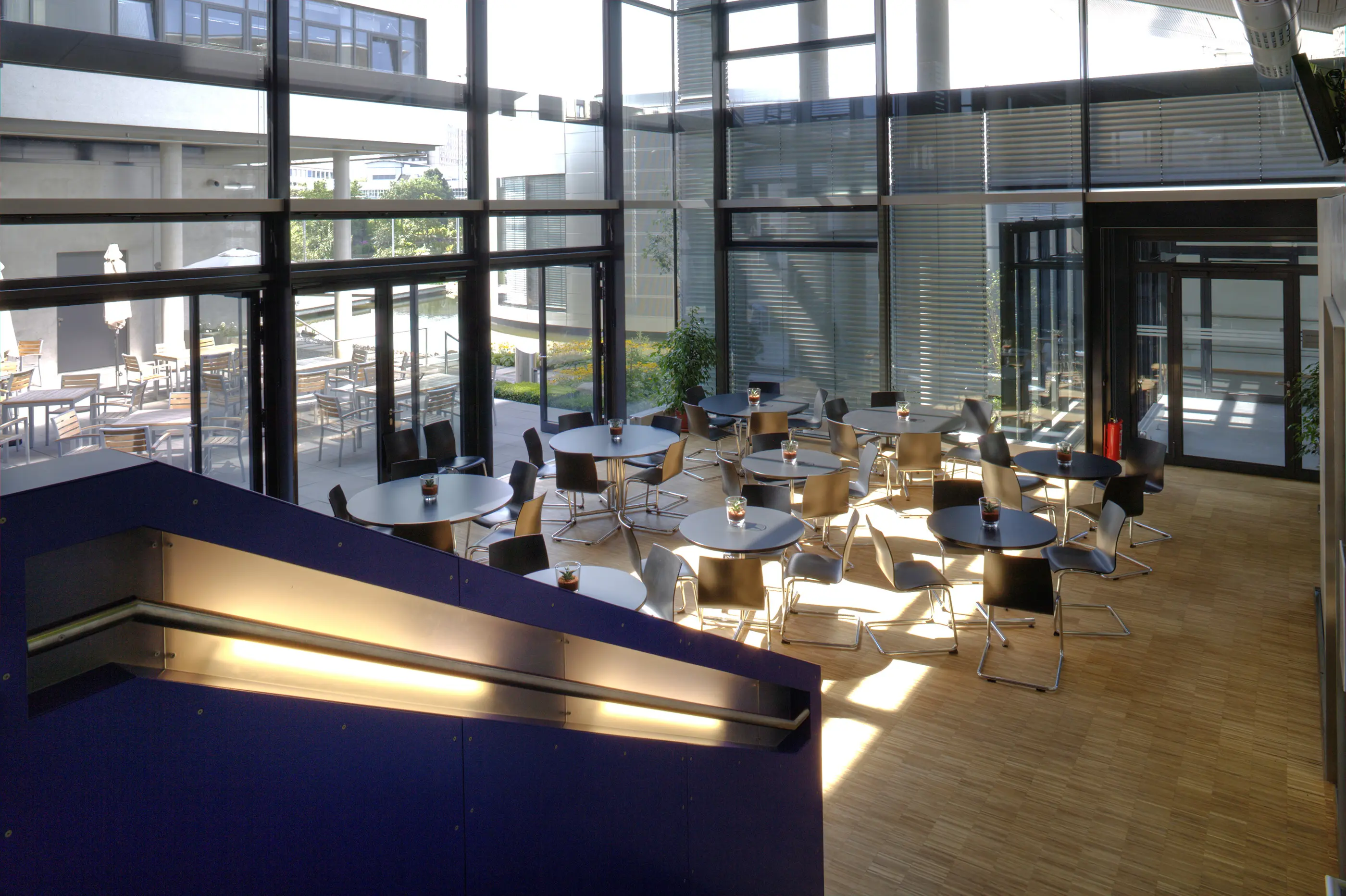
During the lunch breaks, self-paid lunch will be available in the institute’s in-house cafeteria.
Every day during the workshop, our chef Toni Schneider and his assistant will be offering a meat-based as well as a vegan lunch option. In addition, the cafeteria also usually offers a salad buffet as well as a soup of the day as smaller lunch options. Depending on the dish, prices range from 5–8 € per meal. You can pay meals in cash, use any debit or credit card, or even use PayPal (talk to the cafeteria team if you have any special payment requirements).
The cafeteria is located on the ground floor of the annex building (Building C). There will be signs posted to guide your from the venue to the cafeteria and back. From the Charlotte Bühler Room on the fourth floor of the annex building, you simply only have to take the elevator or stairace to the ground floor. Then continue straight into the cafeteria.
Note: Please make sure to visibly wear your workshop badge around your neck while walking around the institute.
Travelling to and From Leipzig
Leipzig is well connected to national and international European transport hubs via high-speed as well as regular long-distance train services. All long-distance trains reaching Leipzig stop, start, or end at Leipzig Hauptbahnhof station. Moreover, the city has its own airport (Leipzig-Halle Airport (LEJ)) which, however, is primarily a cargo hub and not well connected with regard to (international) passenger services.
If you’re travelling to Leipzig from outside of Europe, we recommend to fly into Berlin Brandenburg Airport (BER), which has more international connections than Leipzig-Halle Airport. From BER, take a train from the airport station to Berlin Südkreuz or Berlin Hauptbahnhof and then continue on towards Leipzig. The latter part of the journey from Berlin to Leipzig you will travel on high-speed rail so that the total trip will take around 1 hour and 30–45 minutes. Another option is to fly into Frankfurt Airport (FRA), a major international hub, from which you can take a high-speed train directly from the airport station to Leipzig. This trip usually approximately lasts 3.5 hours.
Finding Accommodation in Leipzig
Finding affordable accommodation in Leipzig is quite easy, thanks to a wide range of options catering to all budgets. The city is extremly well connected by public transport, so you may also conisder to stay further away from the venue or closer to the city limits if you don’t mind spending time on the tram or communter train services (“S-Bahn”). We recommend to use one of the common hotel booking platforms to compare customer reviews, prices, and locations prior to making your booking.
In close proximity to the workshop venue, you can find the 4-star Dorint Hotel Leipzig (80–100 € per night) as well as the 3-star Hotel Adagio (90–110 € per night). Both hotels are located literally across the street from the Max Planck Institute for Human Cognitive & Brain Sciences.
Things to do in Leipzig (Othern Than Science)
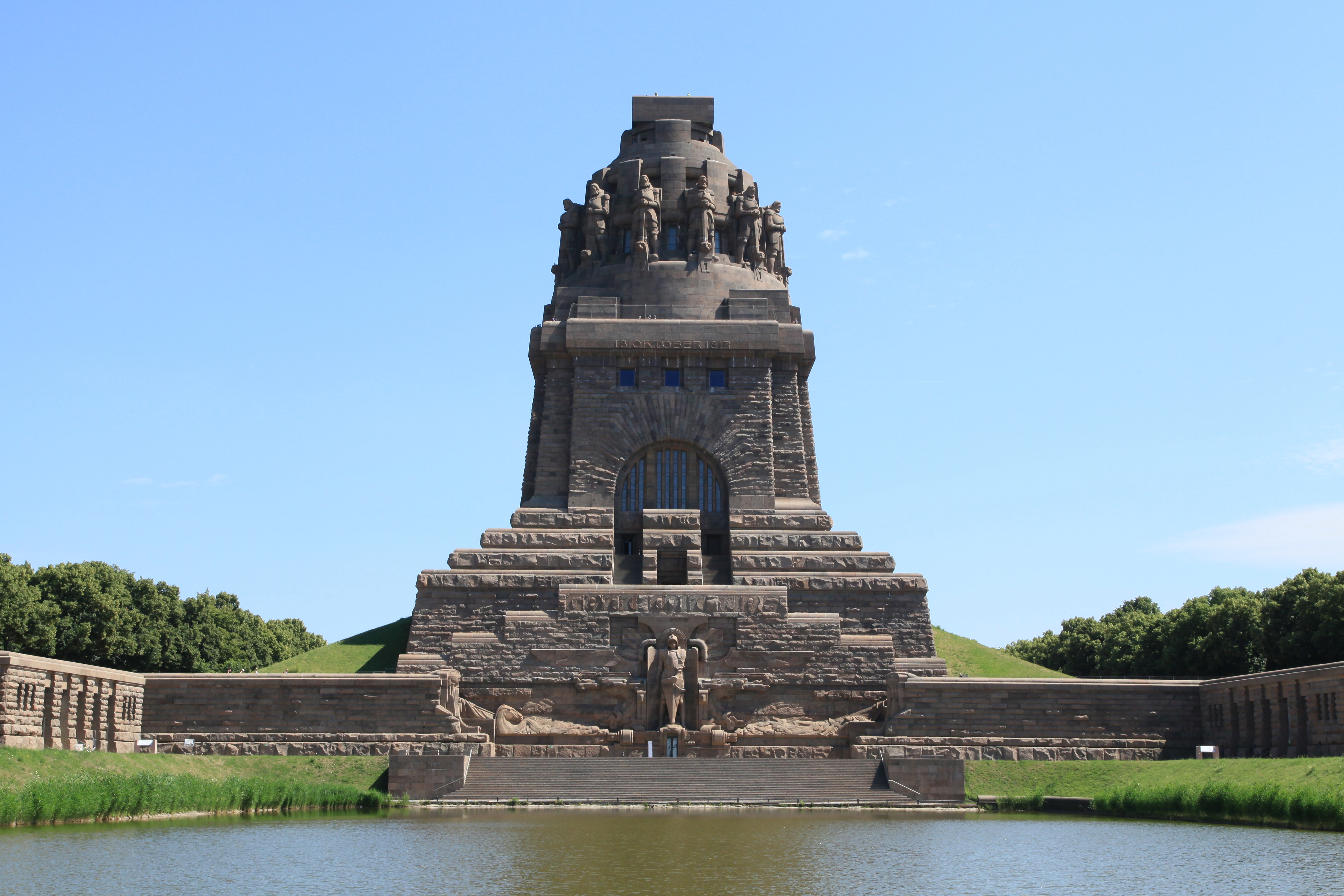
Leipzig is a vibrant city rich in history, culture, and music. For several years in a row it has now been the fastest growing city in all of Germany, often called “the new Berlin” for its dynamic arts scene, vibrant nightlife, as well as affordability.
When in Leipzig, a must-visit is the St. Thomas Church (Thomaskirche), famous as the professional home of Johann Sebastian Bach and his choir. Nearby, the St. Nicholas Church (Nikolaikirche) played a crucial role in the peaceful revolution leading to German reunification.
Art lovers should explore the Museum of Fine Arts (Museum der bildenden Künste) and the contemporary galleries in the Baumwollspinnerei, a former cotton mill turned art hub. For a taste of Leipzig’s musical heritage, the Gewandhaus Orchestra and the Opera House offer world-class performances.
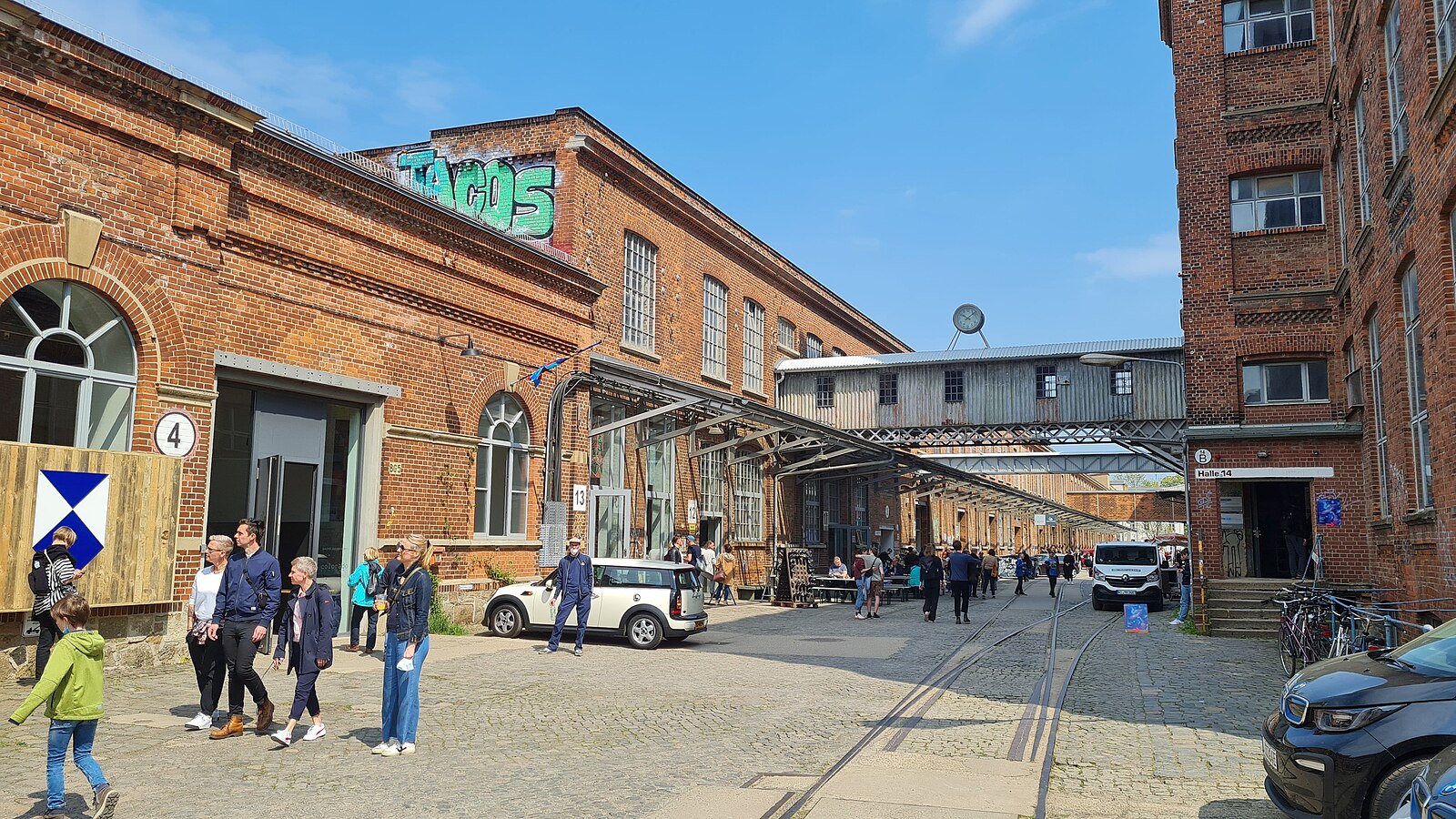
The Monument to the Battle of the Nations (Völkerschlachtdenkmal) is an impressive landmark commemorating Napoleon’s defeat in 1813. Nature enthusiasts can relax at Clara-Zetkin Park or visit the scenic Leipzig New Lake District (Neuseenland).
Beyond its historical landmarks and cultural sites, Leipzig offers a thriving café and nightlife scene, especially in the trendy Plagwitz and Südvorstadt districts, where you’ll find indie bars, live music, and creative spaces.
Linguistic Bike Rides
While we are aware that the workshop will take place in November (when it is usually already quite cold in Leipzig), we nevertheless want to share the following information with our participants: Gereon Müller (Professor of General Linguistics at University of Leipzig) has written a handy and freely available book entitled Lanes to Language: Linguistic Bike Rides in and Around Leipzig in which he revisits the stories and locations of famous linguists who once lived and worked in Leizig in the context of bike tours.
A free PDF version of the book and GPX files for the different bike tours described in the book are available from Gereon Müller’s web site. Some of the famous linguists whom you can follow using the book and the suggested tours are Ferdinand de Saussure, Jan Baudouin de Courtenay, Eduard Sievers, Hermann Paul, Leonard Bloomfield, Lucien Tesnière, Nikolaj Trubetzkoy, and Manfred Bierwisch.
Be advised that Leipzig will be rather cold in November so that casual cycling on the tours in the book is not recommended. However, you may want to explore specific parts of the tours in the book within the city centre or city limits, or take the book as an excuse to come back to Leipzig at some point to actually explore the linguistics-inspired bike rides in the book in warmer weather.



